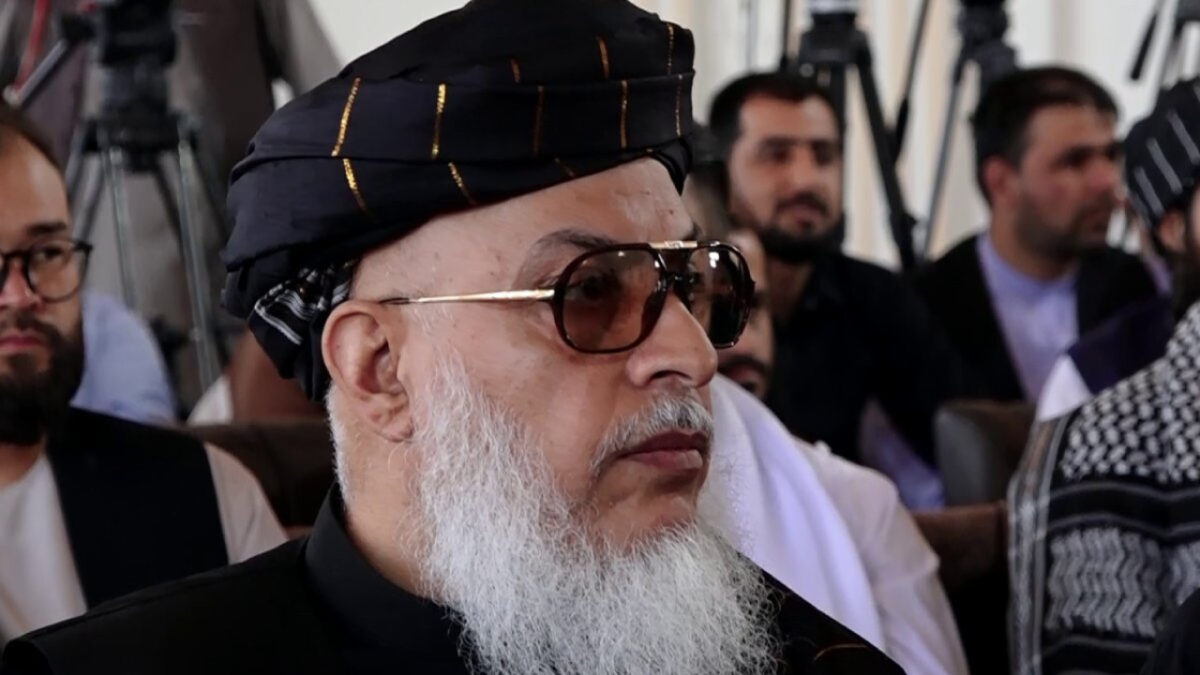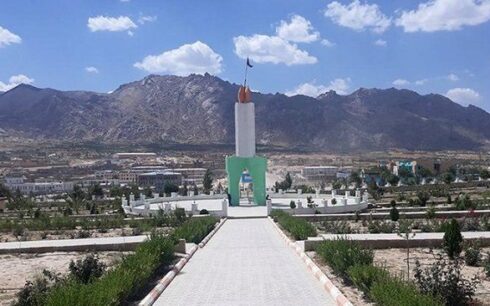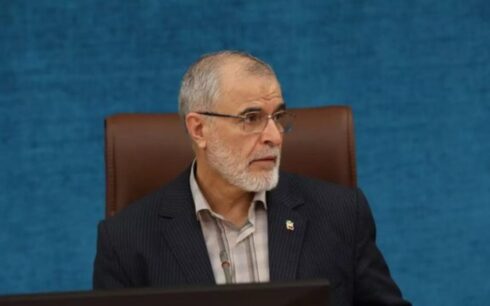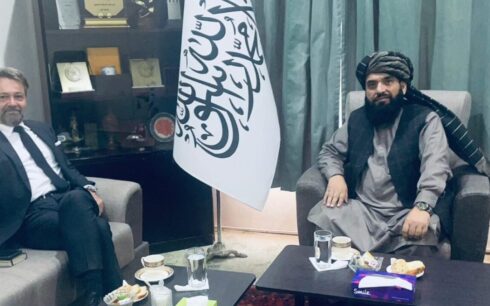KABUL, Afghanistan — Abbas Stanekzai, the Taliban’s deputy foreign minister, publicly acknowledged internal disagreements among Taliban leaders over political issues, describing these divisions as efforts aimed at “reforming society.”
Speaking at a coordination meeting between the Taliban’s Ministry of Information and Culture, Kabul municipality, and chambers of commerce, Stanekzai admitted to differing perspectives within the Taliban on a wide range of political, economic, and cultural matters, though he downplayed these differences as non-competitive. “Our disagreements are not over power or position,” he said. “Differences exist everywhere, and within the Emirate as well. These differences are meant to strengthen and improve society.”
Stanekzai further urged caution among Taliban leaders to ensure the stability of their administration, saying, “We must learn from our past. Enemies are watching, and we must act prudently in all matters to prevent Afghanistan from becoming a battleground of internal conflict once again.”
Stanekzai’s comments follow recent statements and reports indicating deepening internal rifts within the Taliban, particularly regarding the enforcement of strict policies such as the “Promotion of Virtue and Prevention of Vice” directive.
Political analyst Wahed Faqiri said, “Stanekzai’s remarks, along with Sirajuddin Haqqani’s recent interview with The New York Times, indicate that internal divisions within the Taliban are growing and are now difficult to conceal.”
In 2022, Sirajuddin Haqqani, the Taliban’s acting Interior Minister and head of the Haqqani network, publicly criticized the Taliban leadership’s consolidation of power. In a speech in Khost in February, he condemned “the dominance of singular ideas and perspectives” and warned against imposing views on others.
The underlying tension appears to center around a power imbalance between the reclusive Taliban leader in Kandahar and members of his Kabul-based cabinet. Sources suggest that Kandahar-based officials, including the Minister for the Promotion of Virtue and the acting Higher Education Minister, are aligned with hardline views, implementing policies that have banned women’s education, employment, and even their voices in public spaces.





